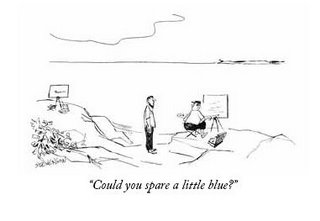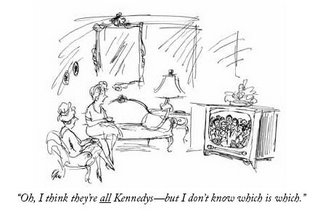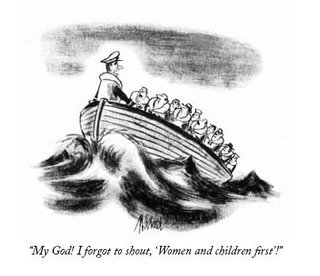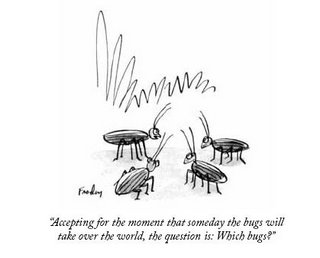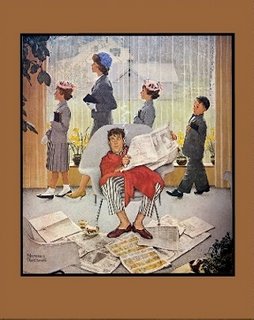Jesus Christ, Saint Eknath, Mahatma Gandhi, Vinoba Bhave विनोबा भावे, Dalai Lama, Nelson Mandela, Anna Hazare are few of the Satyagrahi's world has known.
There is a defiance in "turning other cheek".
 Artist: Mischa Richter Published : The New Yorker Apr 23, 1960
Artist: Mischa Richter Published : The New Yorker Apr 23, 1960 p.s Perhaps it is no coincidence this came right in the thick of The American Civil Rights Movement (1955-1968) led by a Satyagrahi Martin Luther King jr.
By the way, I have rarely seen picture of anyone at Rajghat bowing so reverentially as Jazz masters below in Jan 2007. Satyagrahis? You may never get tickets or passes to their show but you can hear sound of their instruments loud and clear.

